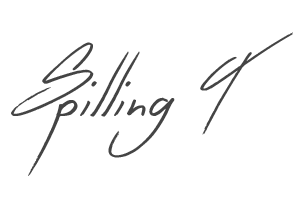
How to deal with in-house homophobia
So after many years the LGBTQI community are at last only a whisper away from being completely equal in the UK. We’ve still got some healing to do, but considering how far we’ve come in the past few years this isn’t surprising. We’re stumping out homophobia and transphobia a little more with every day that goes by and full acceptance is now a reality, not just a pipe-dream. Finally gaining acceptance from the outside world.
But what about the more in-house stuff? The use of terms such as ‘straight-acting’ and ‘too effeminate’ are a trending topic for discussion in gay culture at the moment, mainly because of apps such as Grindr and a few celebrity whoopsies. One of Looking’s lead actors, Russell Tovey mentioned in a recent interview that he was lucky he hadn’t gone to the type of drama school that would lead him to “prance around”. A bit of a slip-up.
A bit of an insight
So, why is it that such a thing as internalised homophobia exists and is present today within our community? Well, maybe we should take a closer a look at what people are really saying when they’re putting someone down for being a ‘too gay’.
Shedding a little light on the subject, The Rainbow Project describe internalised homophobia as something that happens to homosexuals, lesbian and even heterosexuals who have “learned and been taught that heterosexuality is the norm and “correct way to be””.
With this in mind, it’s no surprise that some of us that are feeling a lost or vulnerable would project a little of this shame onto others who possess qualities which aren’t the ‘norm’:
“Hearing and seeing negative depictions of LGB people can lead us to internalise, or take in, these negative messages. Some LGB people suffer from mental distress as a result”. – The Rainbow Project.
What can we learn from all this?
A little understanding goes a long way. We’ve all felt ashamed at times when we don’t quite fit into what society tells us is the ‘norm’. Being homophobic towards to anyone, whether you’re gay or straight or otherwise, is not ok. But if you experience any of this yourself, rest assured that it has more to do with them than you.
Our cultural roots within the LGBTQI communities are all pretty similar. We should respect each other’s struggle; past or present, as well as our own.






